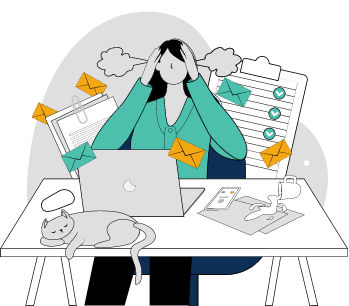Listen to this episode
On this episode
In this episode, Dr Pauline Morris shares common pitfalls that create unsustainable work habits. She also explains why staying in your comfort zone can be detrimental to your performance. Finally, we learn about self-care.
Episode transcript
Dr Rachel Morris: Do you feel stuck and unhappy in your job? You don’t want to leave, but something’s wrong, and you can’t quite put your finger on what it is. Maybe you’re not happy, but you’re comfortable being unhappy, and changing things seems too much effort and is downright scary. In this episode, I’m joined by Dr Pauline Morris. She’s an anaesthetist and a career coach, and we talk about tips and strategies to help you do the inner work and explore your strengths and interests to work out what you actually want and need out of a job…










